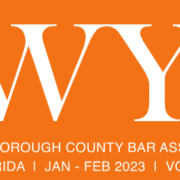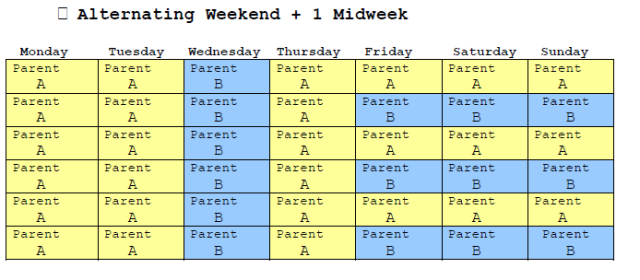PLEASE NOTE THAT THIS POST WAS WRITTEN IN 2014 AND THE RATES BELOW DO NOT REFLECT OUR CURRENT RATES
What is limited scope representation?
Limited scope representation (also known as unbundled legal services) is a cost-effective method of obtaining an attorney’s help on specific tasks and not paying for services you do not want or need.
What limited services are you offering?
Once full settlement on all family law issues has been reached via mediation, financial affidavits have been completed and exchanged, and a settlement agreement and parenting plan (if applicable) have been executed, I am offering to review family law documents for legal sufficiency, e-file the documents through an attorney-only portal, schedule an expedited uncontested final hearing, and appear at the uncontested final hearing. These are the only services included in the price quoted below.
What services are not included in this limited scope representation?
I will not be providing the following services (this is not an exhaustive list): drafting or revising documents, requesting or preparing financial and other discovery and disclosure, providing advice as to the “fairness” of agreements, discussing possible or likely results if you were to ask a judge to decide your dispute, providing other legal advice, or appearing at contested hearings or rehearings.
Why would we want this limited scope representation?
There are many reasons why a spouse would want to hire an attorney for the limited scope representation described above, but the main reasons are (i) to finalize a divorce sooner rather than later and (ii) to have the peace of mind of having an attorney appear at the final hearing in front of a judge.
Can you represent both parties?
Read more →




